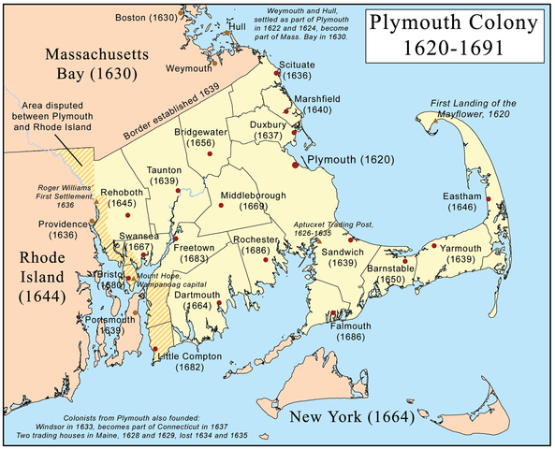Bob’s delivery of his given script, despite his regular lapses into blood-curdling screams and agonizing groans, is so similar to his own “real” conversation, it is often hard to tell where one ends and the other begins.
This guy sounds pretty funny


